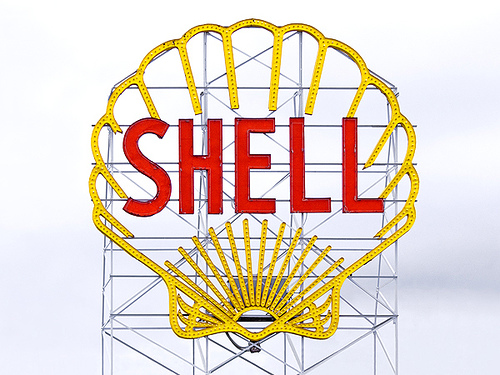Shell Halts Artic Offshore Drilling
 Print this Article | Send to Colleague
Print this Article | Send to Colleague

Royal Dutch Shell's abrupt announcement on September 28, that it would cease all offshore drilling in the Arctic, comes after spending $7 billion over several years to explore a single well. Shell said in a statement that it "found indications of oil and gas...but these are not sufficient to warrant further exploration." This contrasts sharply with Shell officials' statements as recently as July and August that based on 3D and 4D seismic analysis of core samples, its petroleum geologists were "very confident" drillers would find plentiful oil.
The geologists' expectations were the main reason Shell spent all that money on a project that entailed much-higher-than-average operational risks and international environmental condemnation. Shell said it would take an unspecified financial charge related to the folding of its Arctic operation, which carries a value of $3 billion on the company's balance sheet.
In late July, when Ann Pickard, Shell's top executive for the Arctic, explained the economics of drilling in the Chukchi Sea, she readily acknowledged that if oil prices remained below $50 a barrel, the off-shore adventure would be for naught. At $70, Chukchi oil would be "competitive," and at $110—a reasonable projection, according to the company's economists—it would be a huge winner. She was talking about prospective prices 15 years from now.
In recent weeks, Shell lost confidence it could make a profit any time in the foreseeable future on the oil that's there. Low oil prices have also necessitated a company-wide cost-cutting push; shutting down in the Arctic will help Shell trim expenditures, especially next year.
The Obama administration took a lot of flak from environmentalists over its decision to allow Shell to move ahead with drilling in the Arctic. Former Vice President Al Gore, for one, called the White House position "insane." In the end, an array of partial restrictions the administration imposed on Shell helped push the company to cease.
Possibly of more significant concern regards who will oversee Arctic regulation come January 2017. In August, Hillary Clinton made her first major break with President Obama over the environment, announcing that she opposed Arctic drilling. "Given what we know, it's not worth the risk," Clinton said on Twitter. Despite the candidate's current struggle to shake off primary foe Senator Bernie Sanders, Shell may fear that a Clinton presidency would doom its chancy northern exploration.
Back to NAFA Connection


